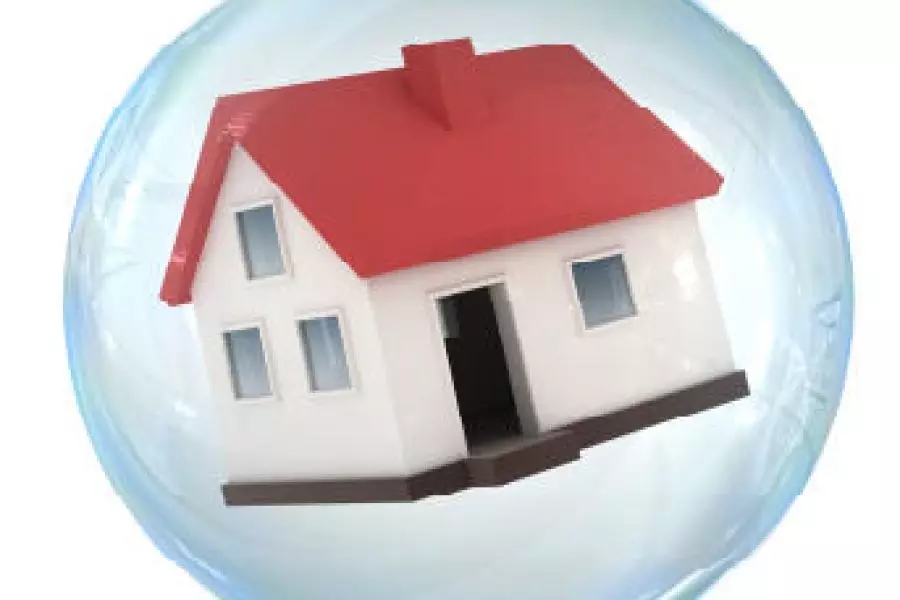News
House price bust talk exaggerated

Wednesday 17th of May 2017
Investment bank Goldman Sachs has released a report which says there is a 40% chance the New Zealand housing market will see a price “bust” in the next two years.
However, it defines a “bust” as house prices falling 5% or more after adjustment for inflation.
Economic commentator Michael Reddell said that a 5% fall in real house prices could only be descri...
Want to read the full article?
Click the button below to subscribe and will have unlimited access to full article and all other articles on the site.






![[The Wrap] Bye Bye Bayly](https://goodreturns.publit.io/file/c_fill,w_900,h_600/39f23ac1-f7c7-4854-b700-a150004ebbac.webp)


